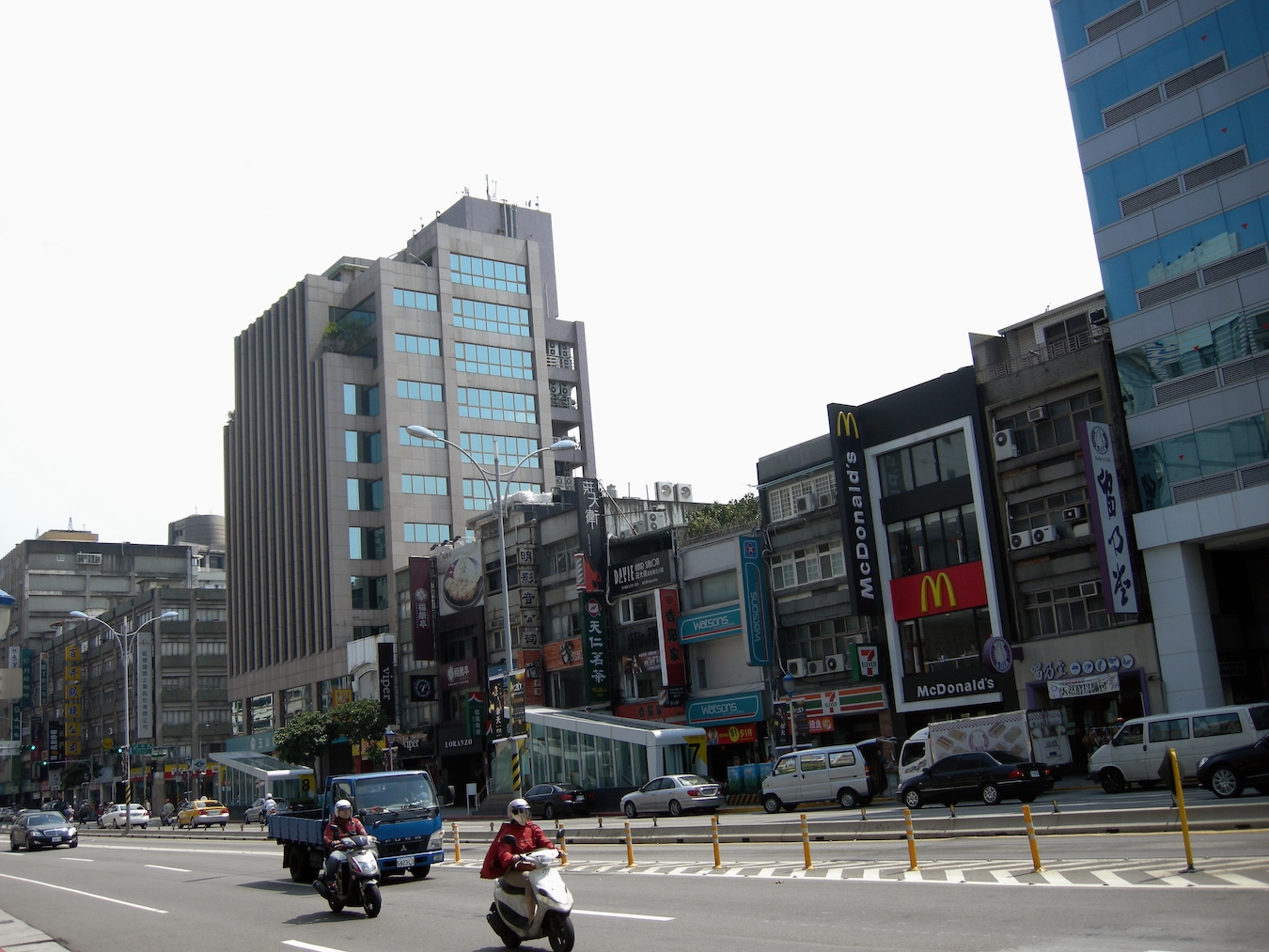by Brian Hioe
語言:
English
Photo Credit: Solomon203/WikiCommons/CC BY-SA 4.0
A SOCIAL OUTCRY has broken out after the death of a one-year-old in foster care. The child reportedly died because of abuse by the caregiver, surnamed Liu.
The child was put up for adoption through the Child Welfare League Foundation (CWLF) after his mother was arrested and his grandfather asked that he be put up for adoption. A licensed in-home childcare provider was contracted to take care of him, who was originally licensed in October 2022.
The death occurred in December of last year. However, there was not a media outcry until this month.
Public outrage, however, has to a large extent centered around a social worker surnamed Chen, who visited the child in September, October, and November for in-home inspections. A planned December visit was rescheduled after another child cared for by the childcare provider became sick.
Chen was accused of having potentially falsified paperwork or having failed to carry out her duties, seeing as some reports suggest that the CWLF corresponded only with the child’s grandfather, or that images from the inspection were falsified.
However, there has been a wave of anger after the incident from social workers, with the view social workers have been unfairly stigmatized for the death. That Chen was subject to a “perp walk” by police and had her personal information reported on by the press has led to further anger.
The Taipei Social Workers’ Union and New Taipei City Association of the Licensed Social Workers are among the groups to express anger with how the incident was handled by authorities, suggesting that this violated the rights of social workers. The CWLF later had its offices searched by authorities and the foundation’s head has stepped down, though the foundation expressed support for its 300 social workers.
Some of the social reactions call for stricter punishment for those involved. KMT legislator Liao Wei-hsiang has suggested that negligence of a child that results in death should have the current five years to life in prison under the Criminal Code increased to capital punishment.
 Photo credit: contri/WikiCommons/CC BY-SA 2.0
Photo credit: contri/WikiCommons/CC BY-SA 2.0
The Tsai administration has stated that it may increase standards for qualifying to be a childcare provider, increasing training from the current 126 hours required before providing childcare services and 18 hours of on-the-job training required each year, which is six to ten hours per year for those who have not looked after a child in a year but who are licensed. There are currently 4,272 registered in-home childcare providers in Taipei, 2,756 of whom are actively providing childcare services.
To this extent, the Tsai administration has suggested increasing the frequency of home visits by social workers. But social worker unions have criticized the issue as returning to lacking manpower and low salaries, with many social workers forced to donate part of their pay to the foundations they work for and one social worker mistreated every three days, according to statistics from 2023. The government has defended its policy on social workers, citing statistics on a decline in the number of social workers who report being abused, and rising employment in the field. Likewise, social workers are not prosecutors, and so lack the legal authority to force home visits.
This is not the only time that there has been widespread public outrage over the death of a child. A similar outcry during COVID-19, when a child nicknamed “En En” died after emergency services in New Taipei were unresponsive following many phone calls.
But there may perhaps have been a failure to examine the root causes of abuse in Taiwan, when there are many cases in which children are punished by educators or caregivers in schools, leading to deaths or physical injury. A 2022 incident in which a seven-year-old student practicing judo died from a brain hemorrhage after being body-slammed a total of 27 times by his instructor and other students, making international headlines, likely proves to be the most high-profile injury or death caused by corporal punishment in recent years.
Other cases of note involve the death of a five-year-old child at a care facility in Taoyuan, where a six-year-old child also suffered brain damage. The care facility is for children with mental or physical disabilities. The five-year-old child who died, who was surnamed Fang and was autistic, was shaken violently in the head and had tape placed around his neck. This led to the child rolling on the floor in pain for over twenty minutes, while biting his fingers and hitting his head. He died the next day, after his parents noticed his injuries after taking him home.
The six-year-old child who suffered brain damage, who was surnamed Wu, was tied to a chair during an epileptic episode that lasted for three hours, rather than being treated or taken to the hospital. As a result, she later fell into a coma, causing her to sustain permanent brain damage.
It is also noteworthy which cases involving child deaths have not gained attention during this time. The death of a six-month-old child from the norovirus whose parents were undocumented migrant workers and so were unable to seek medical treatment for their child has not been widely discussed, for example. After all, female migrant workers who become pregnant in Taiwan have long faced the threat of contract termination or deportation, and there have long been issues in Taiwan facing a lack of medical access for undocumented migrant workers. Yet there is scarcely any social outcry about such cases because they do not involve Taiwanese children.

